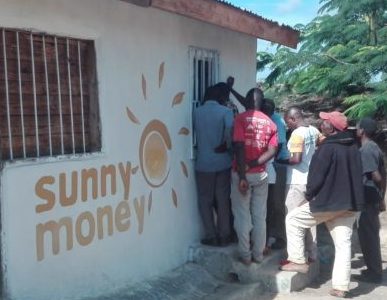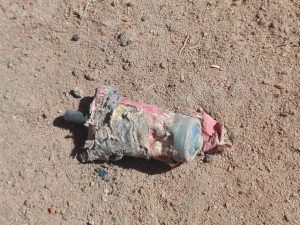We are excited to announce that, on April 1st, we launched our new innovations project, ‘Project Switch,’ together with the community in Mandevu village in Kasungu. The launch was a wonderful moment of celebration in the village, with amazing singing, drumming and dancing. The reason for celebration, was that this project is bringing access to solar lighting and power to the village for the first time.
Our new video, made by our team, gives you a snapshot of what life is like in the village, what life is like after dark and what access to light and power means to people. Spoiler alert – there is some seriously cool dancing!
Mandevu, like so many other villages across Malawi, has no access to electricity. Each night, just after 6pm, darkness descends on the village, cutting days short. Project Switch is all about working to change this situation – pushing boundaries. Mandevu village now has a solar charging station – a building with its own solar system which is enabling a solar agent to offer customers access to different energy options. These include:
- The rental of solar lights on a daily basis for a few pennies
- Providing ‘Rent to own’ offerings of multiple lighting and phone charging systems
- Offering solar lights and systems for outright purchase
Lights and switches have also been installed in houses across the village, making it possible for people to flick a switch in their homes for the first time. People can recharge their batteries using the solar power at the charging station. We have also installed stand alone pico-solar panels on a selection of households who are ‘renting to own.’
By working closely with the community, we aim to improve our understanding of what it takes for everyone to be able to enjoy access to solar lighting and power, in place of the need to buy candles and disposable torch batteries. We then hope to go beyond basic power and lighting, towards enabling access to energy for productive use. We’d like to thank our supporters for enabling us to kickstart this new approach.

Customers lining up to access solar powered lights and batteries in the village
Customers lining up to access solar powered lights and batteries in the village
Candles, single use batteries and stick torches
Our research has revealed that the most common forms of lighting in the village are candles and battery powered lights. One in five homes also use home-made stick torches, with others burning dry grass or wood. Stick torches are home-made devices, which make use of old batteries which have insufficient power left in them to run other appliances, such as radios. Needless to say, stick torches do not provide much light.
Many households in the village reported having suffered accidents and burns as a result of the daily use of candles. We were also told that ’People ration the amount of light they use … to save energy for another day’ and that ‘it is difficult to be satisfied with this situation.‘ This is also true for radios, with people limiting the time they listen to the radio to save battery power.
Meanwhile, many of the batteries, which are typically zinc carbon, end up on the ground, creating a risk of soil and water pollution. Just a short walk around the village revealed many batteries, in various stages of decay, lying on, or embedded within, the ground.

A zinc carbon battery disintegrating, polluting the ground in the village.
Learning, adapting and sharing
The next stage for Project Switch is all about learning and scaling. We’ll be closely monitoring progress, sharing our findings and asking questions such as: Are we able to light up all homes? Who are we not reaching and why? How do we overcome those barriers? How can we adapt our offerings so that we serve everyone? If we can successfully show how light can be brought to one village, then we can share our learning, and replicate it throughout Malawi and beyond.
No one should be left in the dark
We believe that, ‘By 2030, No one should be left in the dark.’ So much more work is needed, however, if we, together with the global community, are to achieve this. 2030 is the year the UN is targeting to ensure universal access to affordable, reliable, sustainable and modern energy. The clock is ticking.
Right now, as you can see from the darkness in the video, which is from just one village on this vast continent, the world is not on track. We believe that more innovation, funding and partnerships, which truly prioritise reaching and really serving low income, rural households, is needed.
This project was funded by donations from individuals all around the world. If you are one of those people, thank you. We will be sharing more updates as we progress.